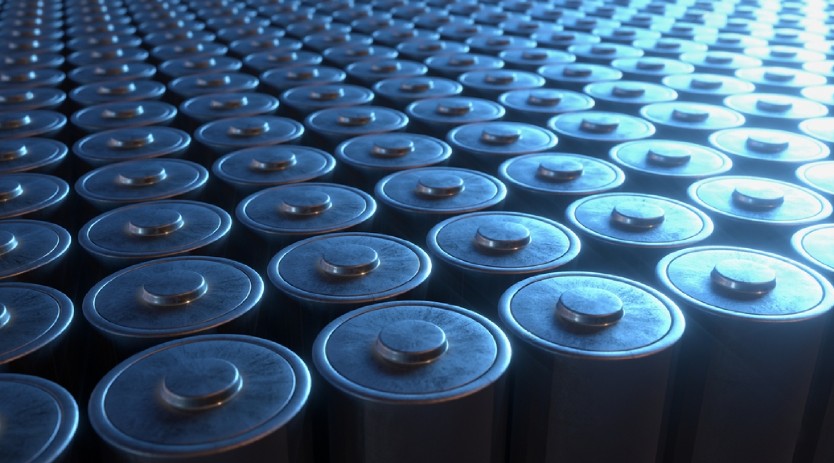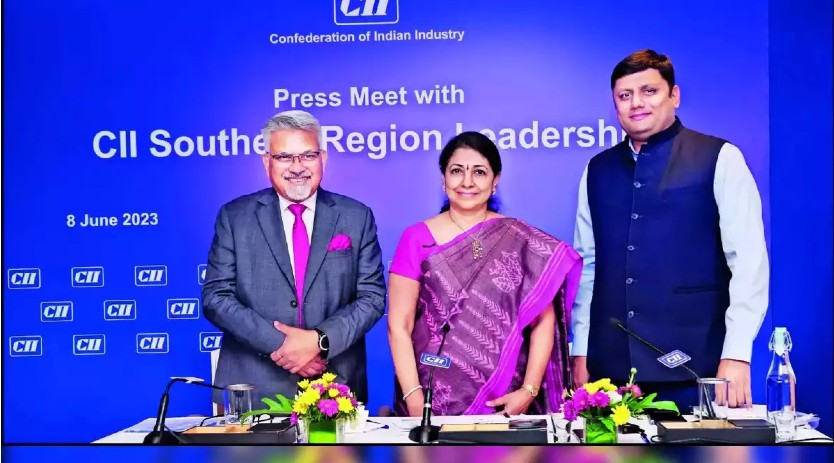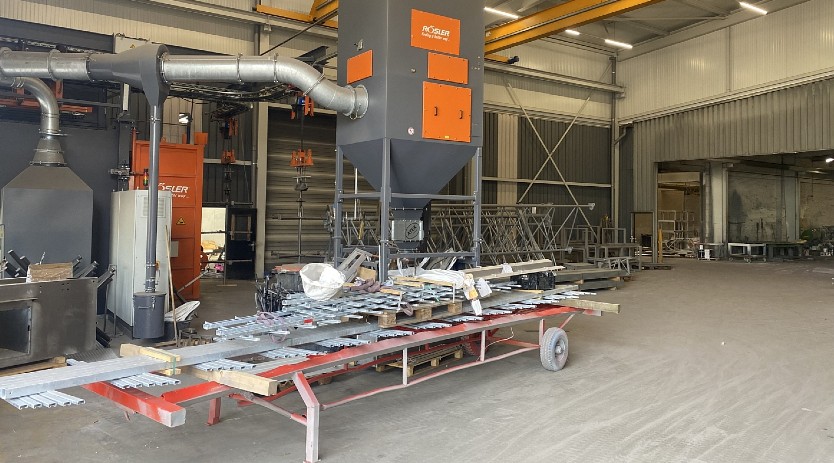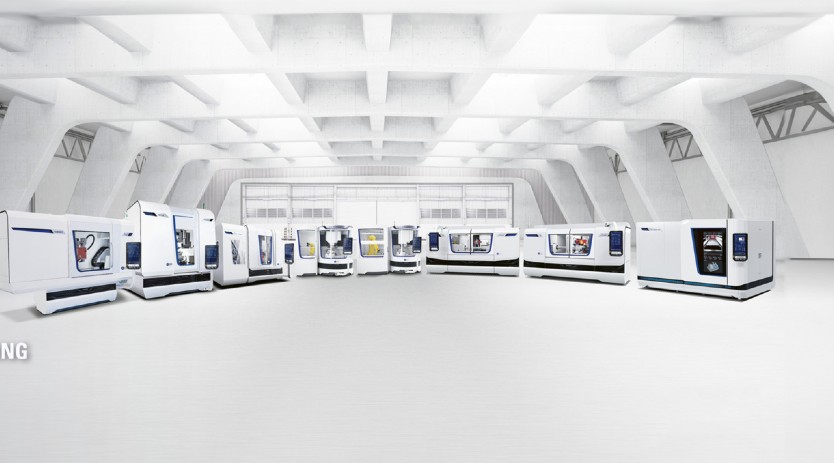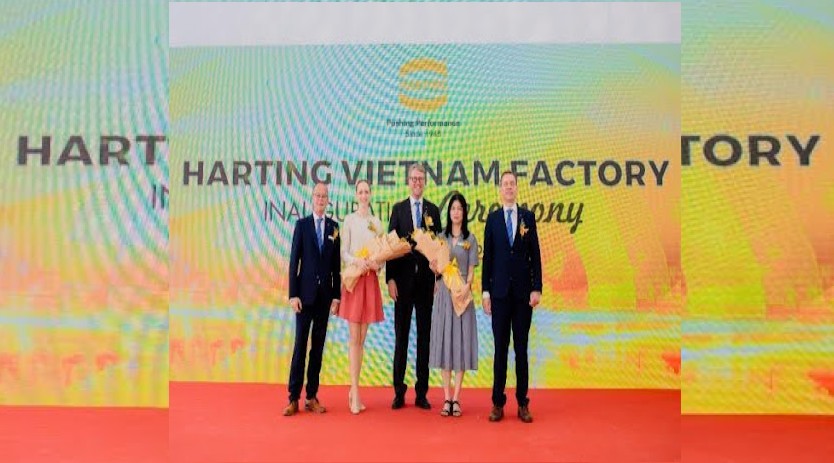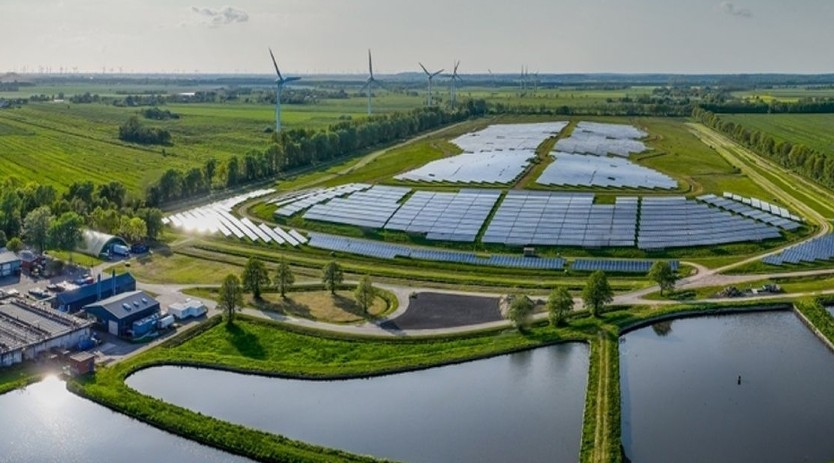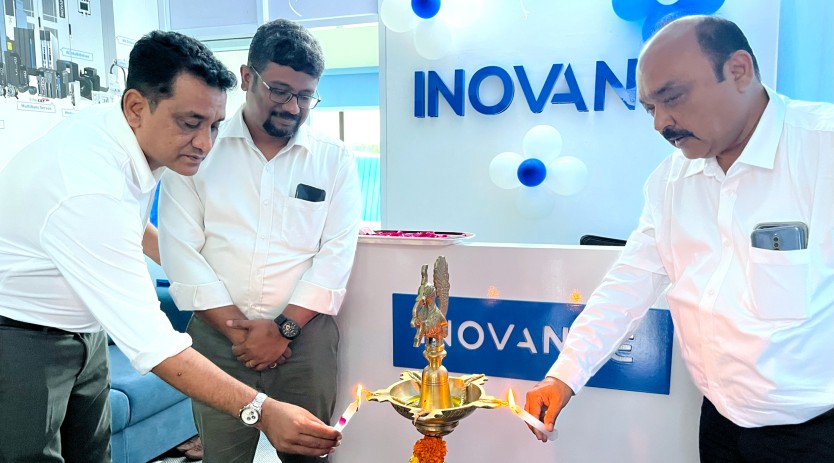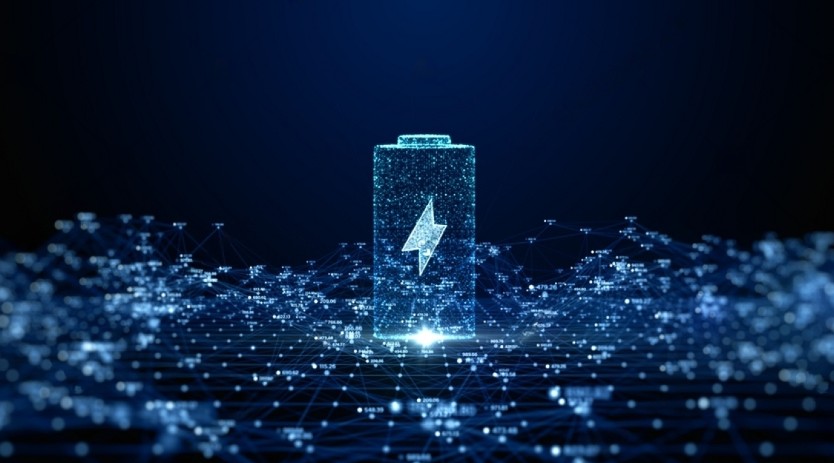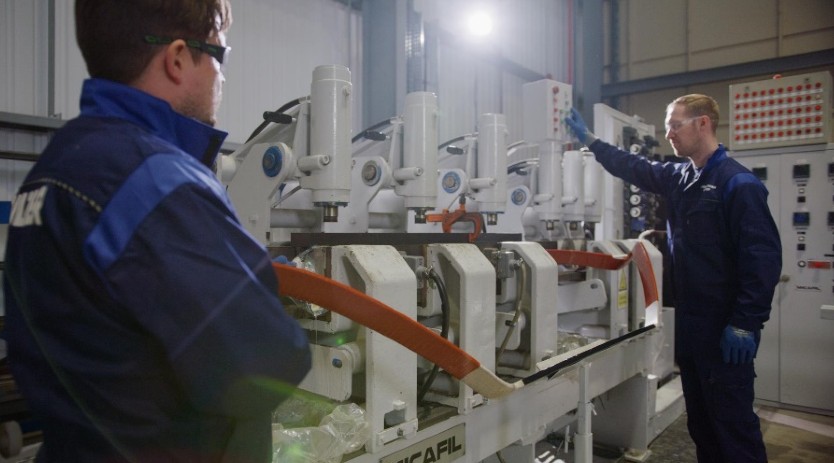Empowering India’s EV revolution with lithium-ion innovation
August 9, 2023 6:36 pm
India’s drive for greener mobility is underscored by lithium-ion battery advancements and government initiatives like PLI schemes and waste management rules, fostering EV production and sustainability.
Lithium-ion battery energy storage holds the potential to aid India in reaching its greenhouse gas reduction goals, as these batteries are essential for manufacturing electric vehicles due to their reliance on lithium and other crucial materials. Currently, India has minimal investments in Advanced Chemistry Cells (ACCs) production, resulting in a heavy reliance on imported ACCs to meet domestic electric vehicle battery demands. To decrease this dependence on imported ACC batteries, the Indian Government sanctioned a Production Linked Incentive (PLI) Scheme on May 12, 2021. This scheme allocates a total budget of Rs. 18,100 Crore over 5 years and aims to establish a competitive manufacturing ecosystem for ACC batteries in the country, targeting a capacity of 50 GWh. Moreover, the scheme includes provisions for 5GWh of specialized ACC technologies. Manufacturers who set up production facilities will receive a production-linked subsidy based on a per kWh subsidy rate and the percentage of value addition achieved through actual sales.
The Ministry of Heavy Industries in India has implemented several measures to promote the production of electric vehicles, including public transport buses, within the country:
- FAME India Scheme (Phase-II): The Indian Government introduced Phase-II of the FAME India Scheme, which began on April 1, 2019, with an allocated budget of Rs. 10,000 crore. This phase was subsequently extended by 2 years until March 31, 2024. The scheme provides incentives to purchasers of electric vehicles by directly reducing the upfront purchase cost of such vehicles.
- Production Linked Incentive (PLI) Scheme for Automotive Sector: On September 15, 2021, the Indian Government approved the PLI Scheme for the Automotive Sector, allocating Rs. 25,938 crores for it. This scheme encompasses electric vehicles as well.
- Battery Waste Management Rules (2022): The Government of India, through the Ministry of Environment, Forest and Climate Change, released the Battery Waste Management Rules on August 24, 2022. These rules are designed to ensure the environmentally responsible management of waste batteries, including those from electric vehicles.These rules establish an Extended Producer Responsibility framework, which places the responsibility on battery producers to recycle or refurbish waste batteries within specified timeframes. The regulations also mandate that recyclers recover a minimum percentage of materials from these discarded batteries.
Cookie Consent
We use cookies to personalize your experience. By continuing to visit this website you agree to our Terms & Conditions, Privacy Policy and Cookie Policy.



